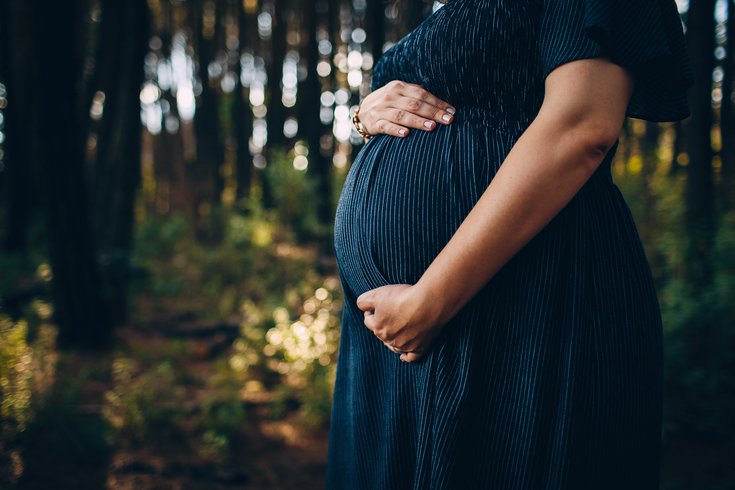
October 12, 2023
 Helena Lopez/Pexels.com
Helena Lopez/Pexels.com
A $50 million grant from the National Institutes of Health will help researchers at Penn Medicine and the Children's Hospital of Philadelphia investigate how environmental factors impact health outcomes in pregnant women and children.
The University of Pennsylvania and the Children's Hospital of Philadelphia have received a $50 million grant to conduct a seven-year study examining the way environmental factors impact pregnancy and children's health.
The grant from the National Institutes of Health will help researchers better understand how external factors influence the racial and economic disparities seen in health outcomes for pregnant women and their children.
Black infants are more than twice as likely to die in the first year of life compared to white infants, often due to complications affecting mothers during pregnancy. Maternal deaths in the U.S. also have more than doubled in the U.S. since 1999, with the highest death rates found among Black women.
"It is so important to understand how environmental toxicants and beneficial exposures shape the health of Philadelphia's children," said Sunni L. Mumford, an epidemiologist at Penn's Perelman School of Medicine.
The researchers will examine various aspects of the environment, from pollution levels and extreme temperatures to social factors like neighborhood violence, access to parks and the walkability of communities. They aim to gather insight on how environments impact the risk of abnormal fetal growth, preterm birth, obesity, asthma and neurodevelopmental delays.
Studies have shown that children who grow up in poorer neighborhoods are more likely to develop asthma than their peers, potentially because of greater exposure to air pollution. Research from CHOP's Policy Lab has shown that low-income parents tend to face higher levels of stress that impact the diets of their children, making them more prone to obesity and longer-term complications from an unhealthy lifestyle.
Emerging research also is finding that exposure to extreme heat during pregnancy is associated with higher risk of childbirth complications.
"We know that communities are not equally exposed to environmental toxicants, and we also know that health inequities and disparities are an ongoing public health problem," said Dr. Heather Burris, a neonatologist at CHOP. "This project will help us shed light on the extent to which the health inequities we see in our patient population are related to neighborhood environmental exposures."
In addition to looking at environmental factors, the study also will examine the behaviors of pregnant people such as diet, exercise and sleep. Unlike past studies that have looked separately at big-picture environmental health risks and personal habits, the Penn-CHOP study will be the first to try to analyze the interplay between them and how this affects maternal-child health.
The research is part of the NIH's Environmental influences on Child Health Outcomes program, a national project that encompasses research on more than 107,000 people — including about 64,000 children. The study site in Philadelphia will recruit up to 2,500 pregnant women, their partners and children from various communities to evaluate how differences in their surroundings may put some families at a disadvantage.
Pregnant women who enroll in the study will be followed by researchers at Penn Medicine. Their children will be monitored into early childhood by a team at CHOP.